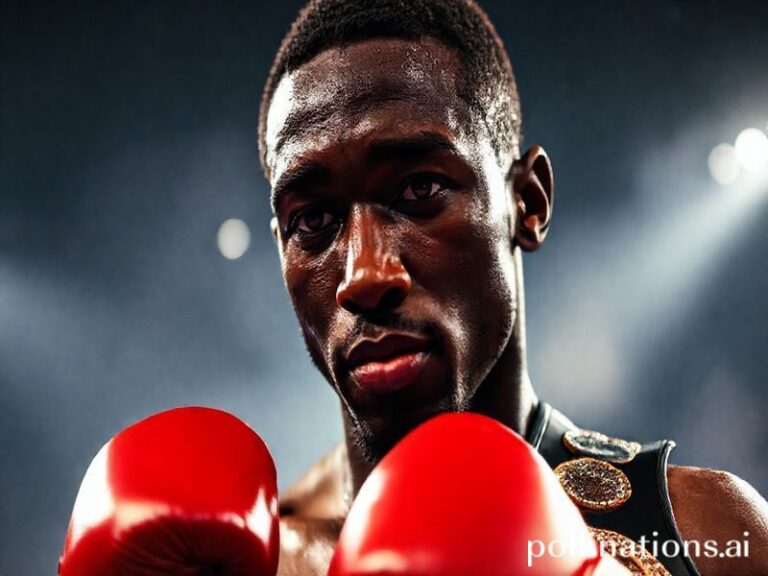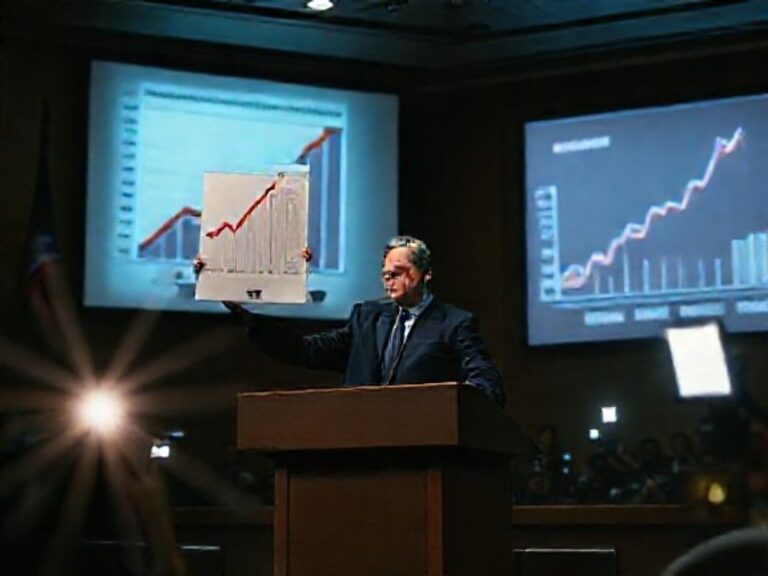Jordan Thompson: The $4 Million Metaphor for Global Mediocrity That’s Captivating the Tennis World
**The Jordan Thompson Phenomenon: How One Man’s Career Epitomizes Our Global Obsession with Mediocrity**
In the grand theater of international sports, where legends are forged in the crucible of competition and heroes emerge from the most unlikely corners of our increasingly connected world, Jordan Thompson stands as a testament to humanity’s remarkable capacity for making mountains out of molehills. The Australian tennis player, currently ranked somewhere in the nebulous territory of “good enough to be mentioned but not good enough to matter,” represents something far more significant than his middling career statistics might suggest.
Thompson, whose greatest claim to fame remains taking a set off Novak Djokovic that one time at Wimbledon (before predictably losing in four), embodies the global economy of manufactured significance. Here is a professional athlete who has mastered the art of being consistently average in an era where average somehow merits international attention. His career prize money of approximately $4 million proves that in our interconnected world, being the 70th best at hitting a yellow ball over a net can still buy you a comfortable life in Sydney’s nicer suburbs—a fact that would surely make Marie Antoinette reconsider her career choices.
From Beijing to Buenos Aires, Thompson’s journeyman status resonates with billions who’ve been sold the lie that participation trophies matter. His grinding style of play—essentially human Advil for tennis enthusiasts—mirrors the modern worker’s existence: show up, don’t embarrass yourself too badly, collect your paycheck, repeat. In an age where social media influencers make millions for existing and tech billionaires accumulate wealth by exploiting our collective dopamine addiction, Thompson’s honest mediocrity almost seems noble. Almost.
The international implications of Thompson’s career extend far beyond the baseline. His presence in tournaments worldwide represents the globalization of “good enough,” where being consistently average across multiple continents somehow constitutes a career achievement. Sponsors throw modest amounts of money at him because he won’t embarrass their brands by winning too much and drawing unwanted attention. He’s the human equivalent of a reliable sedan—never exciting, occasionally functional, easily forgotten.
What makes Thompson fascinating to the international observer is how perfectly he captures our era’s celebration of participation over excellence. In a world grappling with climate change, rising authoritarianism, and the slow death of democratic institutions, we find comfort in celebrating those who merely show up. Thompson’s career win percentage hovering around 50% isn’t a failure—it’s a metaphor for modern existence, where half the time you’re winning, half the time you’re losing, and somehow nobody keeps track of the difference anymore.
His travels across the international tennis circuit—from the clay courts of Monte Carlo to the hard courts of Cincinnati—represent a peculiar form of global tourism where you visit exotic locations primarily to lose in the early rounds before flying economy to the next destination. It’s the sporting equivalent of business travel, minus the business class and plus the existential dread of knowing your ranking could slip into triple digits with one bad ankle sprain.
As nations pour millions into sports programs hoping to manufacture the next Federer or Nadal, Thompson stands as a $4 million reminder that sometimes you get what you pay for: a perfectly serviceable athlete who’ll never win anything that matters but will provide consistent employment for stringers, coaches, and the vast ecosystem of sports mediocrity that keeps the machine humming.
In the end, Jordan Thompson matters because he doesn’t matter—a Zen koach for our times. In a world desperately searching for meaning amid the chaos, his career offers the cold comfort of predictable averageness. He’s not the hero we need, but he’s certainly the one we deserve.







